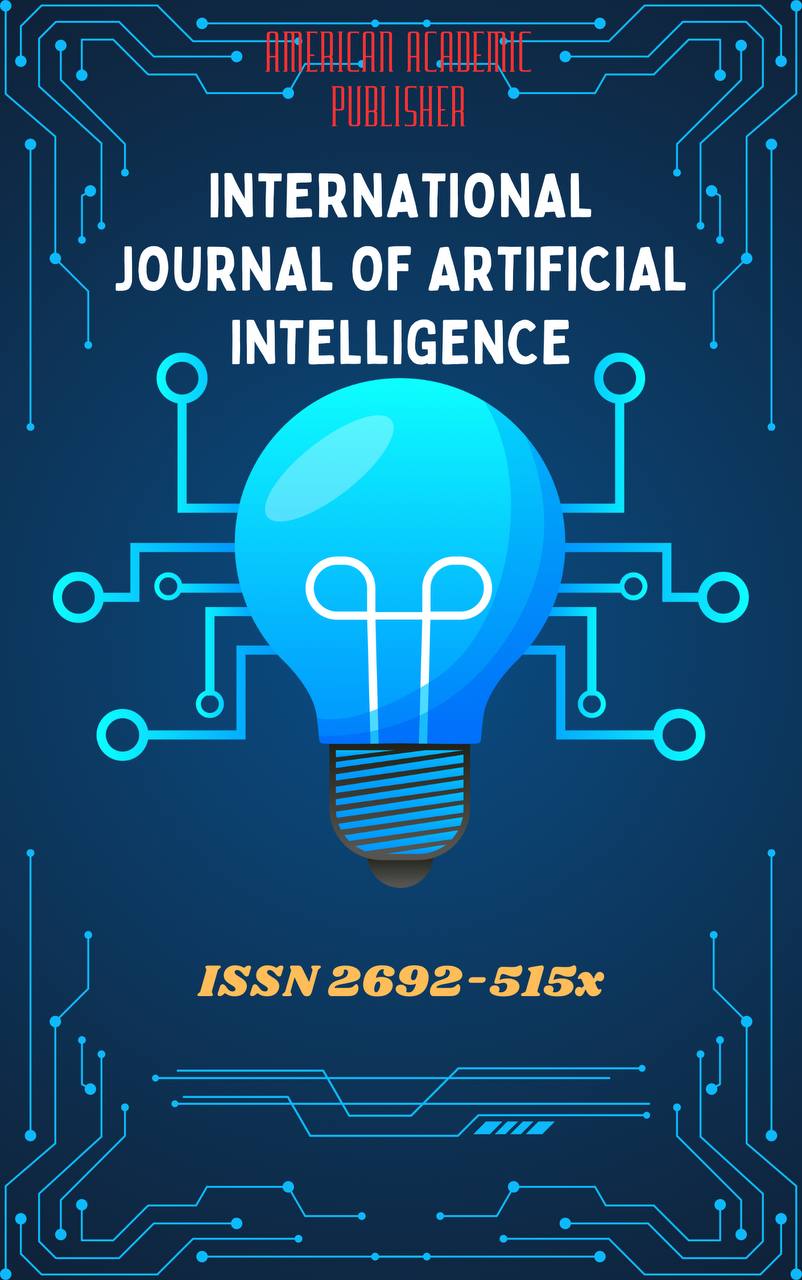 Articles
| Open Access |
Articles
| Open Access | WHY EVERY CHILD SHOULD LEARN A SECOND LANGUAGE EARLY
Ziyayeva Hanifa Muxiddinovna , Student of Group 140/23 at Tashkent University of HumanitiesAbstract
Learning a second language at an early age provides children with lifelong cognitive, social, and academic benefits. Early bilingualism enhances brain development, improves problem-solving skills, and boosts creativity by strengthening neural connections. It also fosters cultural awareness, empathy, and communication across diverse communities in an increasingly globalized world. Moreover, children who learn a second language early often show improved academic performance, particularly in reading and mathematics, as well as stronger memory and multitasking abilities. Introducing language learning during the formative years ensures that pronunciation, accent, and fluency develop naturally and effortlessly. Therefore, early foreign language education is not only a valuable academic goal but also an essential investment in shaping globally competent, open-minded individuals.
Keywords
early bilingualism, second language learning, child development, cognitive benefits, cultural awareness, education, multilingualism
References
Bialystok, E. (2011). Reshaping the Mind: The Benefits of Bilingualism. Canadian Journal of Experimental Psychology, 65(4), 229–235.
Curtain, H., & Dahlberg, C. A. (2016). Languages and Children: Making the Match—New Languages for Young Learners, Grades K–8. Pearson Education.
Genesee, F. (2008). Early Bilingual Acquisition: A Research Update. In T. K. Bhatia & W. C. Ritchie (Eds.), The Handbook of Bilingualism. Wiley-Blackwell.
Lightbown, P. M., & Spada, N. (2021). How Languages are Learned. Oxford University Press.
UNESCO (2023). The Importance of Multilingual Education: Promoting Inclusion and Cultural Diversity. Paris: UNESCO Publishing.
Thomas, W. P., & Collier, V. P. (2002). A National Study of School Effectiveness for Language Minority Students’ Long-Term Academic Achievement. Center for Research on Education, Diversity & Excellence.
Cummins, J. (2014). Bilingualism and Special Education: Issues in Assessment and Pedagogy. Multilingual Matters.
OECD (2022). Education at a Glance: OECD Indicators. Paris: OECD Publishing.
Baker, C. (2017). Foundations of Bilingual Education and Bilingualism. Multilingual Matters.
García, O., & Wei, L. (2014). Translanguaging: Language, Bilingualism and Education. Palgrave Macmillan.
Article Statistics
Downloads
Copyright License

This work is licensed under a Creative Commons Attribution 4.0 International License.

